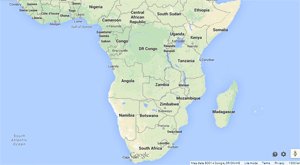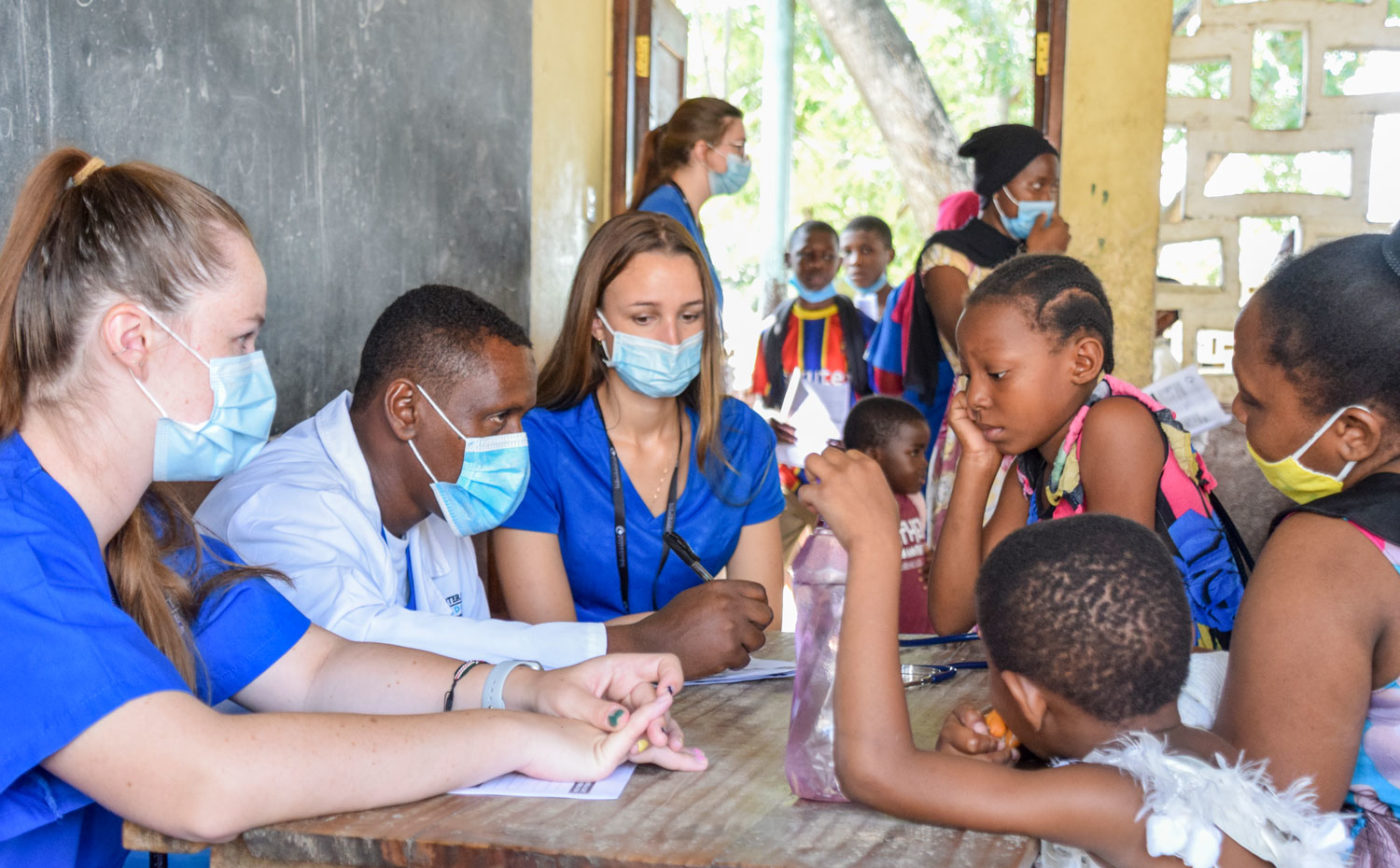Global Initiatives - Kenya
Kenya
Located below the horn of Africa and bordered by the Indian Ocean, Kenya is a relatively stable and rapidly developing country in East Africa. Despite a growing middle class, Kenya continues to be troubled by poverty, a deficient healthcare system, high burden of communicable diseases and continuing tribal conflicts. More than half of the country still lives well below the poverty line, many on less than a dollar a day. Civil unrest and political instability in nearby Somalia continue to threaten the political and economic stability in Kenya as well.
The Parliament of Kenya in 2013 adopted a new Kenya Health Policy (2012-2030) aligning the country’s healthcare goals to its broader, long-term development agenda known as Vision 30. Significant investments have been made to address the high burden of communicable diseases such as HIV/AIDS, malaria and tuberculosis, but HIV/AIDS remains the country’s largest cause of mortality. Currently, 1.5 million Kenyans live with HIV. Inadequate health infrastructure throughout Kenya combined with frequent and unpredictable strikes by healthcare workers create significant inequalities in healthcare distribution.
The country’s most vulnerable populations are women and children living in slums outside metropolitan areas such as Nairobi and Mombasa, and those living in the country’s arid northern region. In these areas, lack of basic infrastructure, medical facilities and hygiene practices coupled with a high prevalence of infectious diseases lead to high rates of mortality, particularly among children. Continuing internal strife in these regions threatens to displace hundreds of thousands of families and further deteriorate the humanitarian crisis in this country.
Approach
International Medical Aid began its operations in Kenya in May 2013 with a series of mobile medical and hygiene clinics. Given this country’s lack of strong healthcare infrastructure, IMA has begun developing its own network of trusted physicians, pharmacies and referral clinics. To ensure a high quality of care, IMA has appointed an in-country Medical Director and several Patient Coordinators to ensure a seamless patient experience. IMA also engages international doctors, students and overseas hospital volunteers to staff our medical and public health operations. As a trusted partner, IMA works closely with tribal and local leaders to design and execute the most effective public health program for a given community. We also provides students and practitioners from around the world the opportunity to volunteer in Africa.
Key Facts

Total Population (2012)
37.2 million
Population under 15 (2012)
43.3$
Life expectancy at birth (2012)
60
Maternal mortality ratio per 100,000 live births (2012)
43.3$
Under 5 mortality rate per 1000 live births (2012)
23
Total expenditure on health as % of GDP (2010)
4.6%
General government expenditure on health as % of general expenditure (2012)
6.1%
Human Development Index rank out of 186 countries (2012)
145
Adult (15+) literacy rate (2012)
61.5%
Adult male (15+) literacy rate (2012)
64.2%
Adult female (15+) literacy rate (2012)
58.9%
Population with sustainable access to improved drinking water (2012)
57%
Population with sustainable access to improved sanitation (2012)
42%
Sources:
1. Kenya National Bureau of Statistics, Kenya Facts and Figures, 2008.
2. Ministry of Medical Services, Kenya Facts
and Figures, 2008
3. WHO Statistical Information Services, 2008
4. UNDP Human Development Report, 2013
5. Kenya National Bureau of Statistics: National Literacy Survey, 2007


